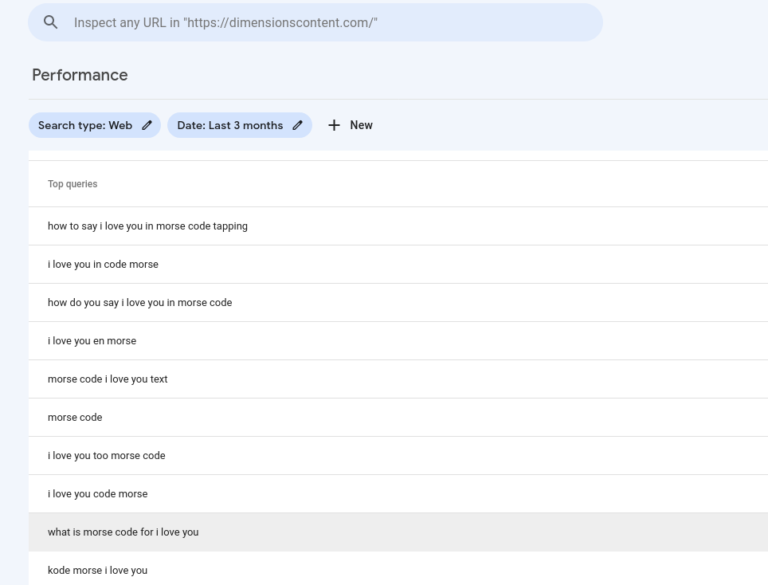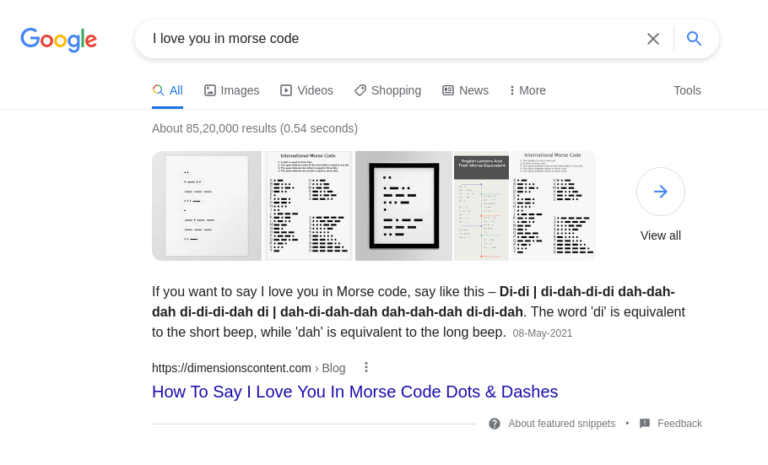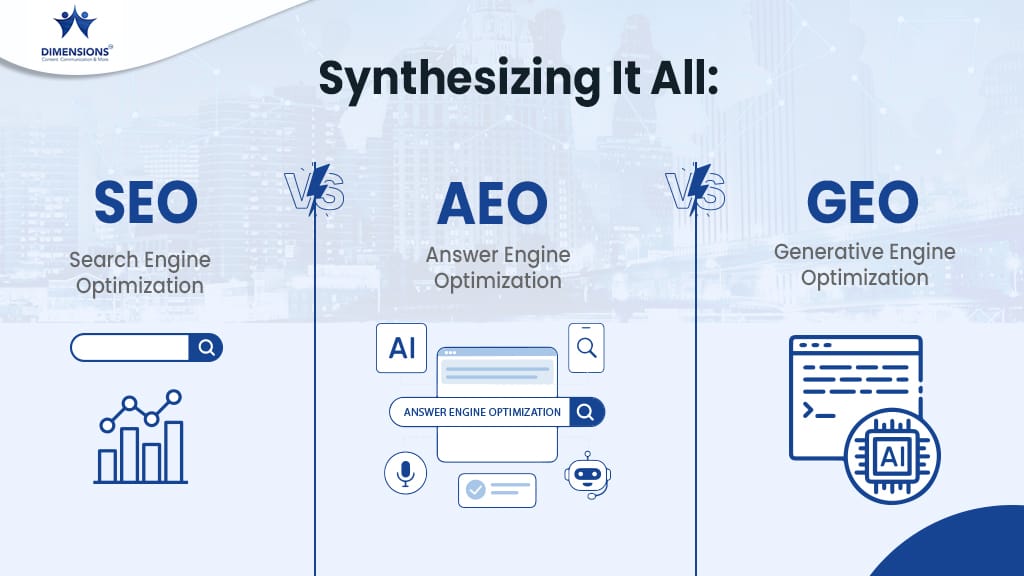The Value of The FAQ Section
Adding FAQs or Frequently Asked Questions at the bottom of your posts can help them rank better. This has been reiterated time and again by SEO gurus. Now, let’s show you practically how adding FAQs to one of our posts helped it rank better.
The Challenge
We have a post titled ‘How To Say I Love You In Morse Code.’ It ranks on the first page of Google for most of the similar search queries. You can see the post here.
One month ago, one of our competitors posted a similar content on their website. And, from then on, it became a race to lay claim on the #1 spot on Google. A time came when our competitor’s page was breathing down the neck of our page. Our page was still in the first spot, but we realised that if we didn’t do anything, the competitor’s page would surely outrank ours.
The Solution
To hold the #1 spot, we planned to add some FAQs to the post. Where did we find the questions that we included in the FAQ? From our own search console report. We found out that there were many question based keywords that we had not included in our posts. Here is the search console report for that page-

After analysing the Search Console report, we selected two questions that we included in our post. Here are the two questions that we included –

(Can you guess why we are showing you the picture of the FAQs that we included instead of just simply writing it here? Because if we write those questions, this page itself will start competing with the page that we are talking about. This phenomenon is known as ‘Keyword Cannibalization’.)
The Result
After we included the FAQs we waited for some days for Google to take the updated portion into account. After a few days, when we searched with the keyword- How To Say I Love You In Morse Code – we found out that our post had become the Featured Snippet! Featured Snippets are even more valuable than the #1 spot.

Technical Analysis
Our decision of leveraging FAQs stemmed from two SEO theories. Firstly, Google rewards content that targets the search intent accurately. After the Hummingbird update, Google’s algorithm, now, tries to find the ‘why’ behind every search query. The algorithm takes this ‘why’ into account.
Questions capture the search intent in a more accurate fashion. Think about it, if you search for “best Chinese restaurant” on Google, the best way to know your intent is to ask questions – why do you want to find a Chinese restaurant? What do you intend to do in a Chinese restaurant? What food are you intending to eat in a Chinese restaurant? All these questions and their answers reveal the intent behind your search query. This is exactly the reason why FAQs work.
There’s another reason why we used FAQs. It’s slightly superficial. Most people now use smartphones. And smartphones have a full blown virtual keyboard as opposed to the numeric keypad of feature phones. So when people search for something on Google now, they do so in a much more natural or organic way. They don’t type “Smartphone ram 8 GB”. Instead, they type, “best smartphones with 8 GB RAM” because it has become extremely easy to type on smartphones. Hence, FAQs target this natural way of typing search query. In short, FAQs act as long-tail keywords.
Bottomline:
Add FAQs to boost your post. But don’t repeat what you have said in the main body of the post. Try to add some unique content in the FAQ section and see the magic.





